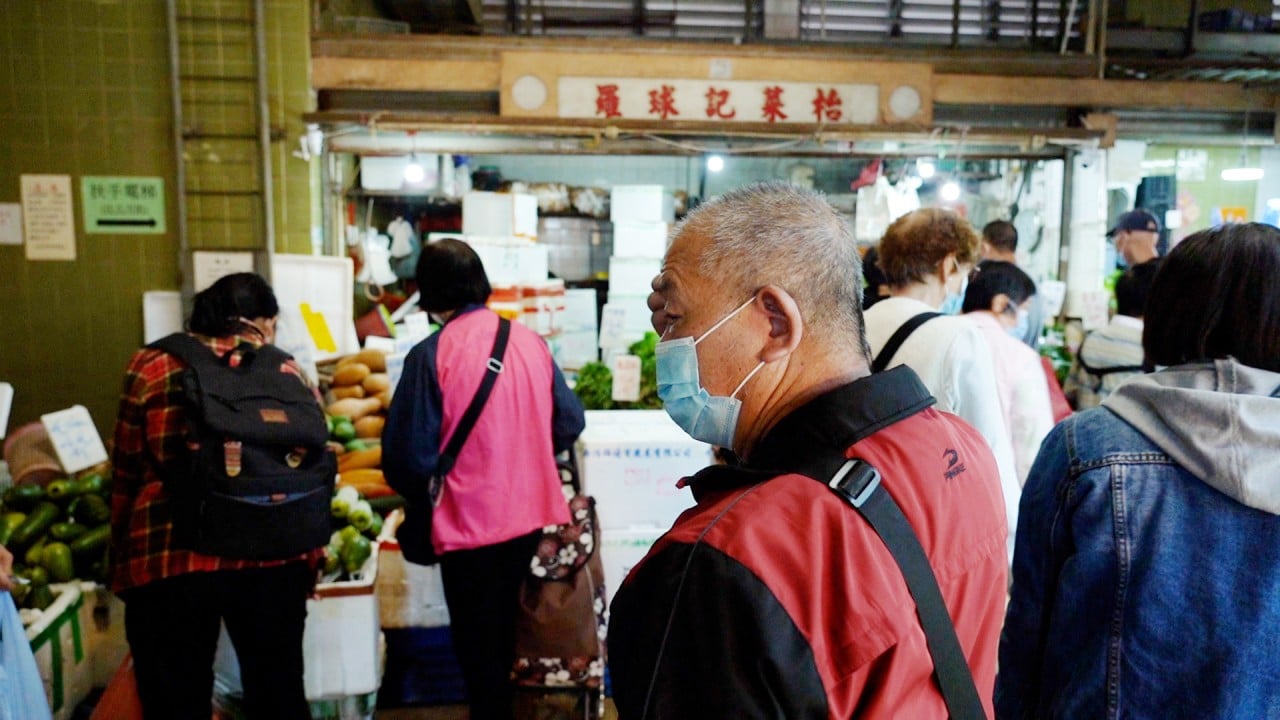
China to ‘strengthen’ Hong Kong as yuan trading hub, diversify forex reserves in 2022
- Support for Hong Kong as a yuan trading hub was among the central bank’s 2022 priorities
- The People’s Bank of China will also pursue more diversified foreign exchange reserves
China will push for greater international use of the yuan by giving more support to Hong Kong as an offshore trading centre next year, while also diversifying its forex reserves, the People’s Bank of China (PBOC) has said.
Efforts to support the city as a yuan hub were among the central bank’s 2022 priorities, outlined at its annual work conference, and marked a change in tone from the “steady and prudent” economic message in the country’s five-year plan.
“We’ll strengthen the support for the construction of Hong Kong as an offshore yuan hub, and promote the healthy development of offshore centres,” the PBOC said in an online statement.
Hong Kong is China’s vital link to the world, financial regulators say
Zhou Xiaochuan, former central bank governor who masterminded the yuan’s international use, said over the weekend that China should reconsider establishment of an international board in Shanghai, which is positioned to be a global yuan asset centre.
“Many companies in belt and road countries have difficulty in equity or bond financing,” Zhou said at the Shanghai International Financial Centre Development Forum on Saturday.
“China should start from this and allow qualified foreign companies to raise funds from the Chinese stock market.”
That, however, will require a higher level of capital account convertibility to facilitate massive inflows and outflows, he said.
The Ministry of Finance issued 20 billion yuan of bonds in three tranches in Hong Kong this year, while the PBOC sold 5 billion yuan of central bank bills to international investors last week.
US coronavirus stimulus reignites Beijing’s criticism of dollar hegemony
International use of the yuan is making slow progress, but it remains far behind the US dollar in terms of international payments, reserve currency and forex transactions.
The yuan accounted for 2.14 per cent of global payments in November, fifth overall, compared with 40.39 per cent for the US dollar and 33.52 per cent for the euro, according to SWIFT.
At the annual conference, the central bank also outlined plans for more diversified investment in its US$3.2 trillion foreign exchange reserves, most of which are in US dollar assets, including US$1.06 trillion of US treasury bills.
The PBOC has teamed up with the Hong Kong Monetary Authority, as well as its counterparts in Thailand and the United Arab Emirates to study cross-border payments of digital currencies.
In a separate meeting held Monday, the State Administration of Foreign Exchange, China’s currency regulator, said it will continue opening the capital account in a steady and orderly manner.
Multinational companies will be able to enlarge their yuan holdings for easier exchanges, while Beijing will consider a trial programme to let private equity funds invest overseas.
However, the regulator said it was still on high alert for external shocks.
“We’ll enhance monitoring and macroprudential management of forex markets,” it said.
“Particular attention will be given to small and medium-sized exporters, which need to be guided in managing exchange rate risks.”



